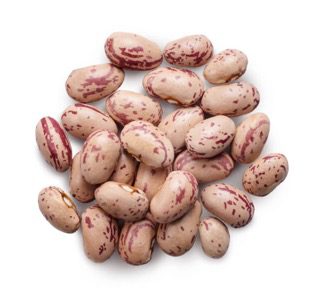

Cranberry beans, also known as Borlotti beans, can be a healthy addition to a dog’s diet when prepared correctly. However, it is important to cook them thoroughly to remove toxins that can be harmful to dogs. Cooked cranberry beans offer several nutrients, including fiber, folate, iron, proteins, and vitamin B.
Cranberry beans are a good source of low-fat protein, which is essential for building and repairing muscle and body tissues in dogs. They also contain high levels of fiber, which can help improve digestion. Additionally, cranberry beans are rich in vitamins B and folate, which can enhance a dog’s nervous system. These beans also provide essential minerals such as potassium, copper, and iron that help with blood cell formation.
Raw or undercooked cranberry beans can be toxic to dogs, so it is crucial to cook them thoroughly before feeding them to your pet. Overconsumption of these beans may lead to digestive issues such as flatulence.
To prepare cranberry beans for your dog, wash them thoroughly and soak them in water for an hour before cooking until tender. Avoid giving canned beans to your dog, as they often contain high levels of sodium and chemical preservatives. It’s best to serve cranberry beans to your dog in moderation as an occasional treat.
Cranberry beans, also known as Borlotti beans, are a type of legume that can offer several health benefits for dogs when cooked thoroughly. These beans contain essential nutrients such as low-fat protein, fiber, vitamins B and folate, and minerals like potassium, copper, and iron. However, it is important to cook these beans correctly to remove toxins that can be harmful to our furry friends.
While cooked cranberry beans can be a healthy addition to a dog's diet, raw or undercooked beans can be toxic and lead to digestive issues. It's also essential to serve these beans in moderation to avoid overconsumption, which can cause flatulence.
To prepare cranberry beans for your dog, start by washing and soaking them in water for an hour before cooking until tender. Canned beans should be avoided due to high levels of sodium and chemical preservatives. You can serve these beans to your dog occasionally as a tasty treat.
If cranberry beans are not readily available or suitable for your dog, two alternative low-fat protein sources are boiled chicken and eggs. Boiled chicken offers a lean protein source, while eggs provide essential amino acids and vitamins.
Do you feed your furry friend cranberry beans? How do they like them? Let's continue the conversation in the comments below! And don't forget to show your furry friend some love today!